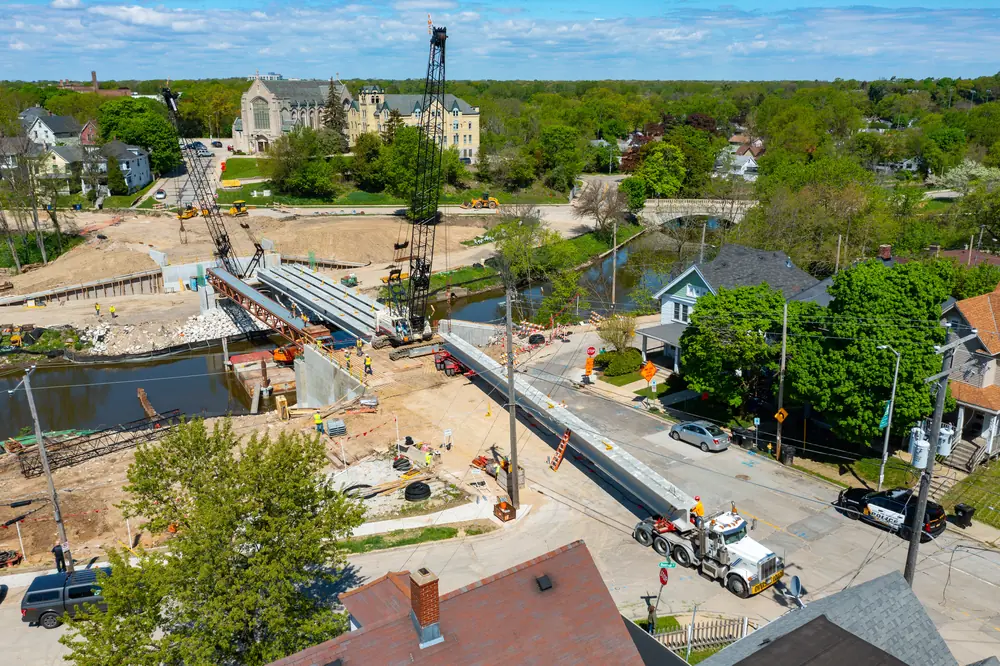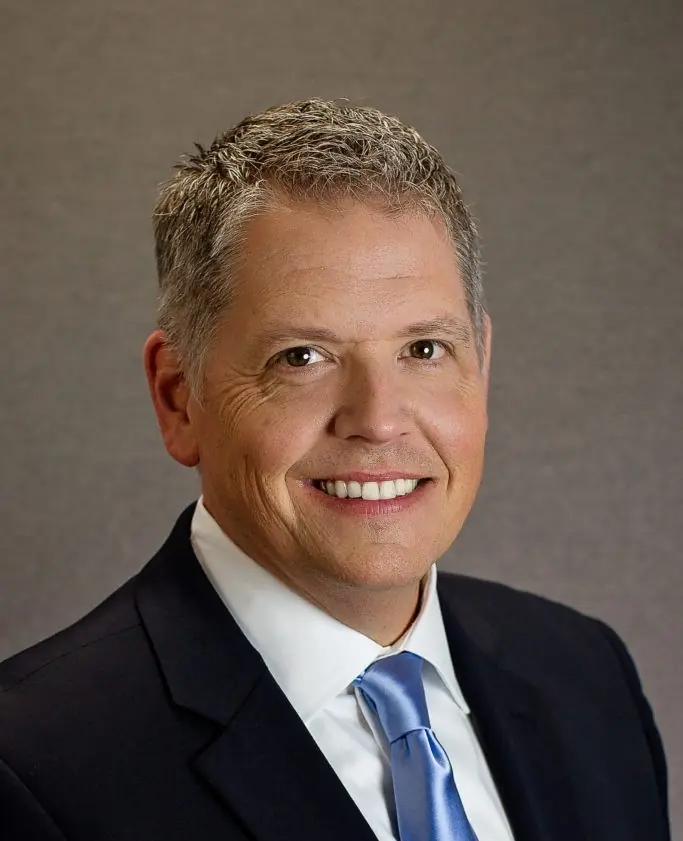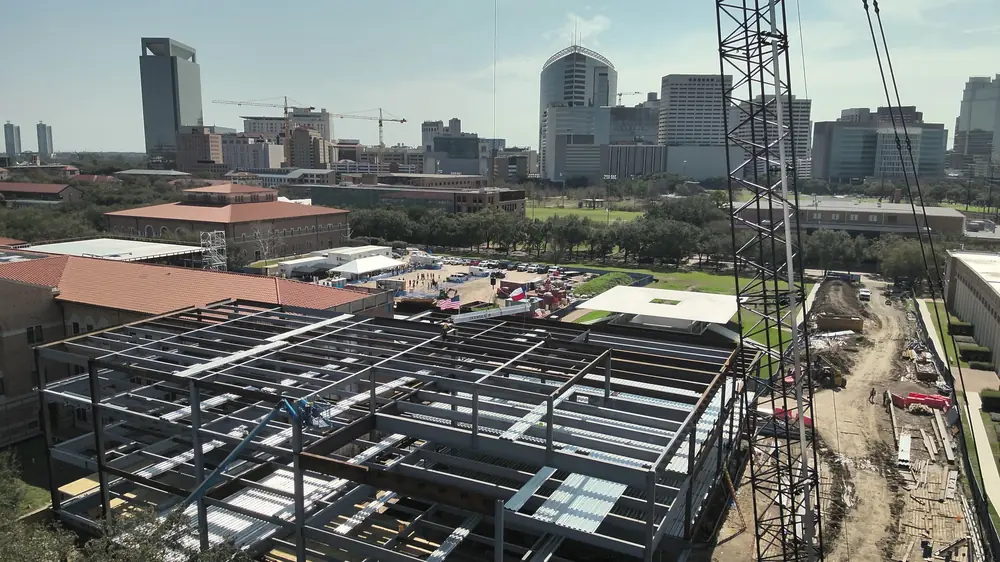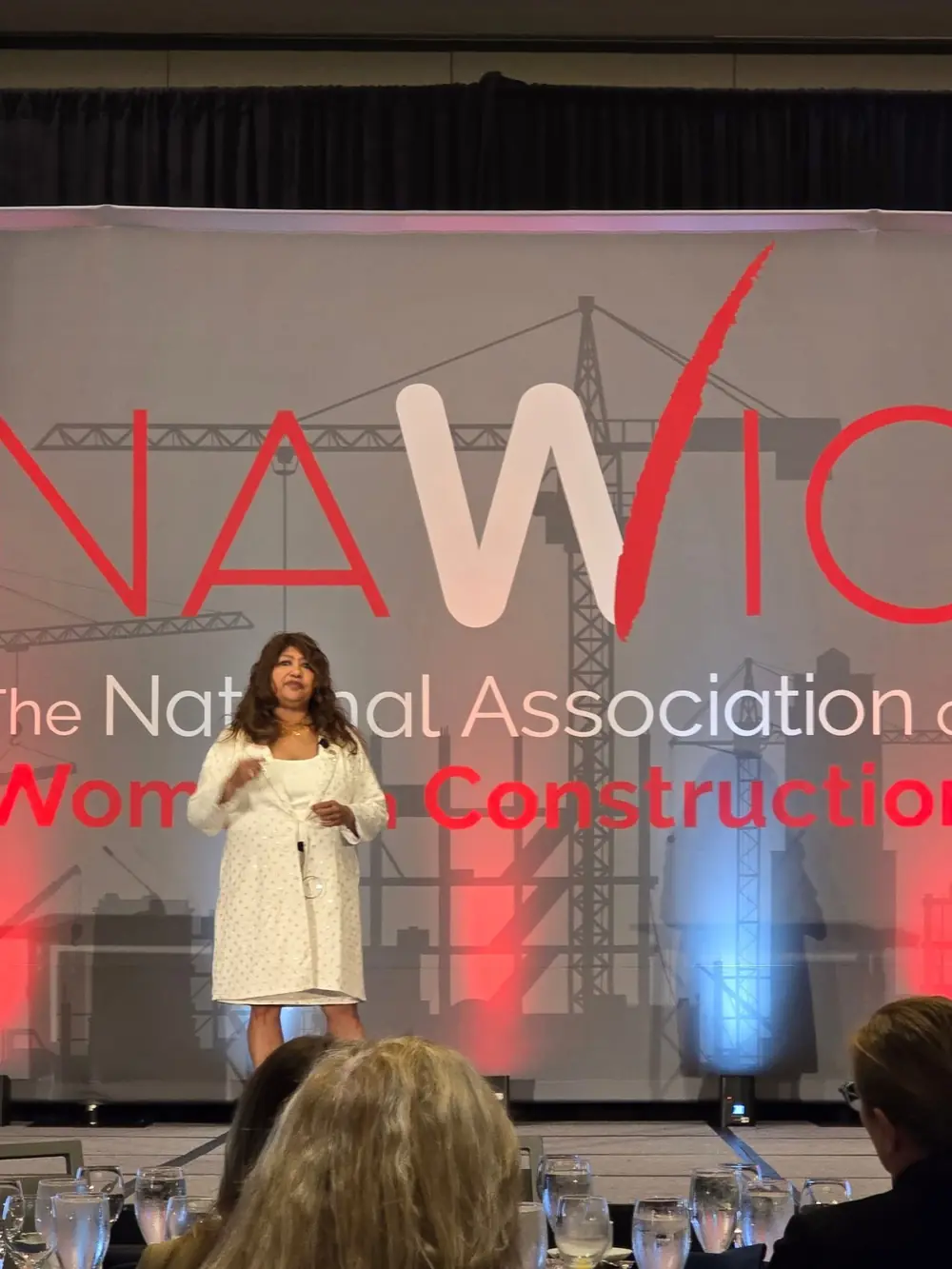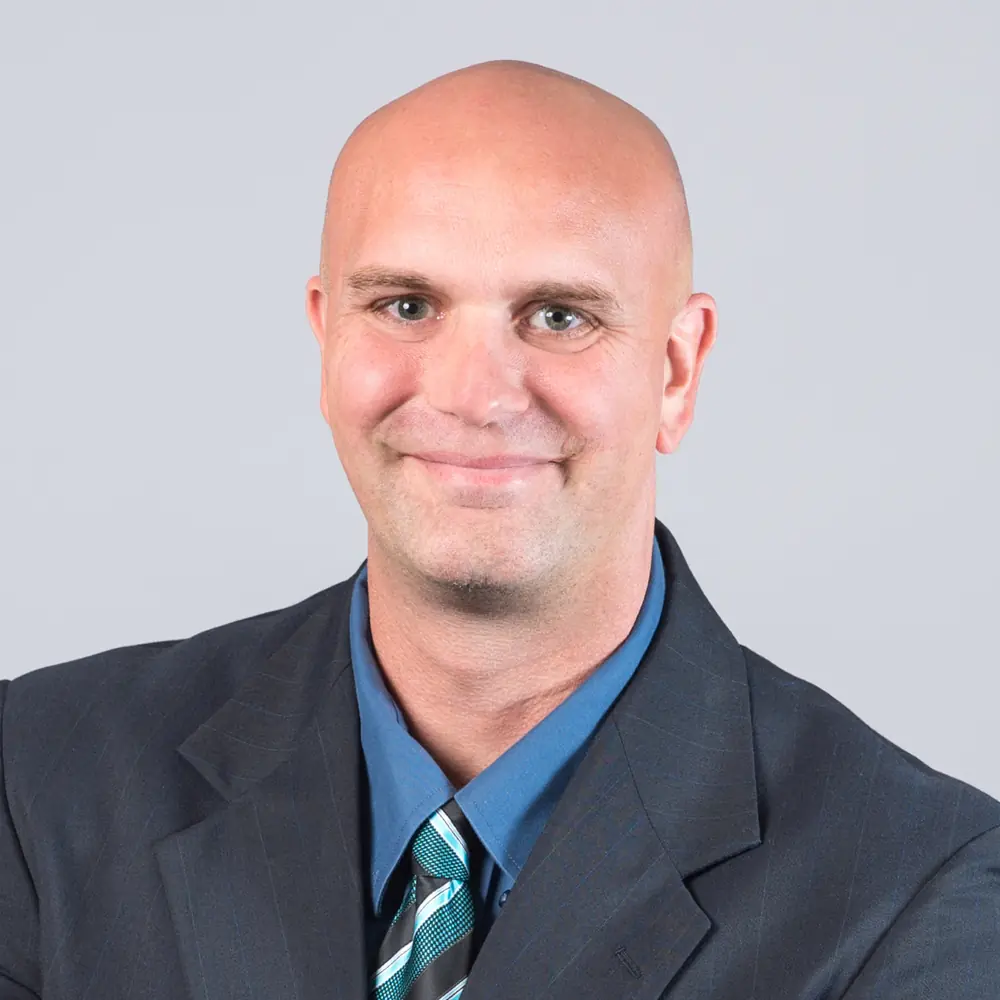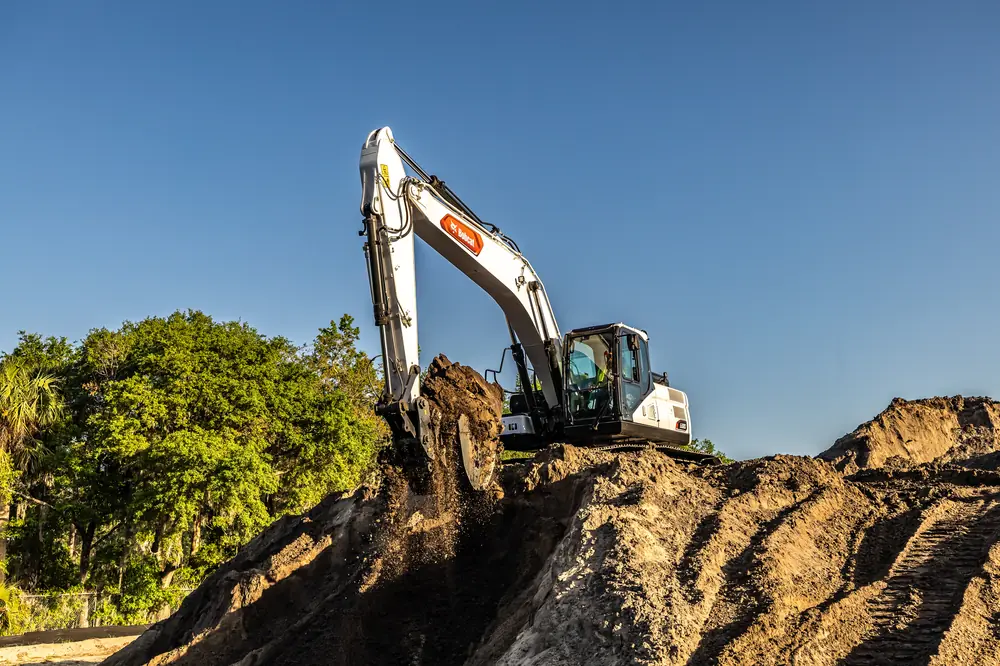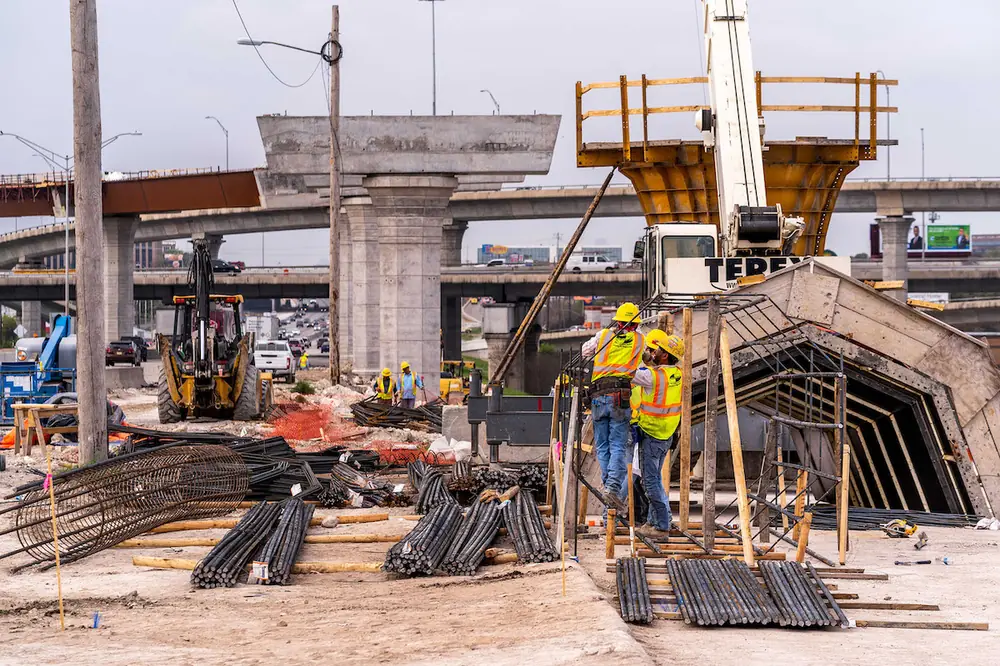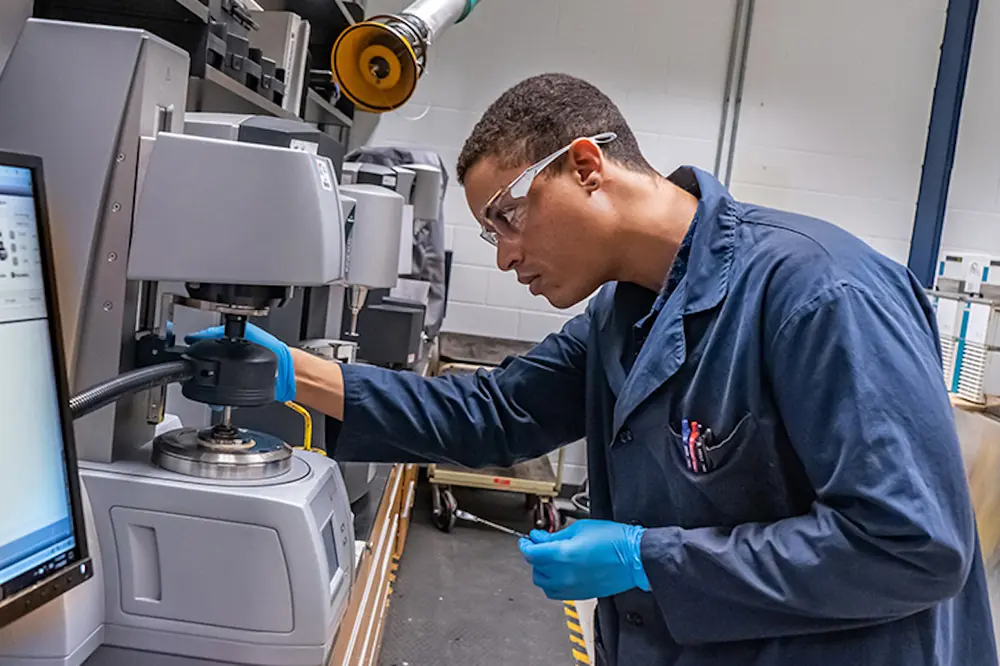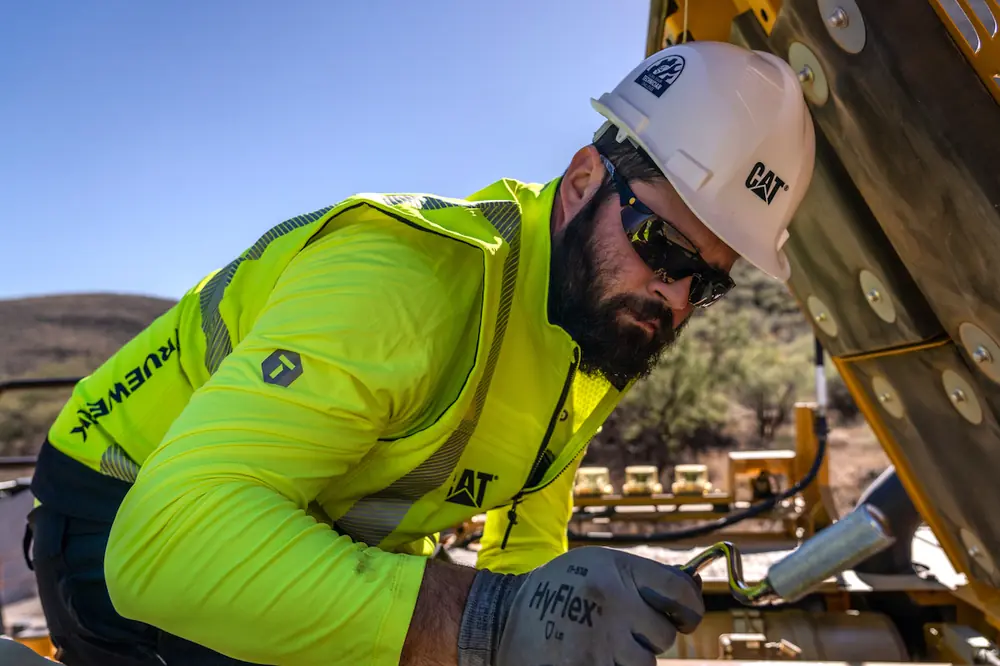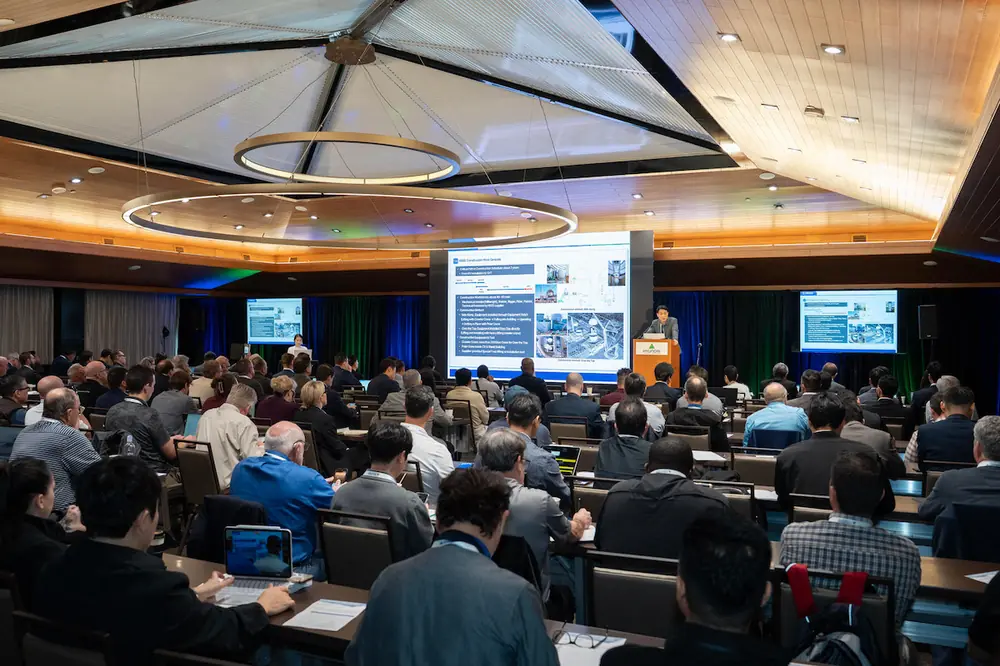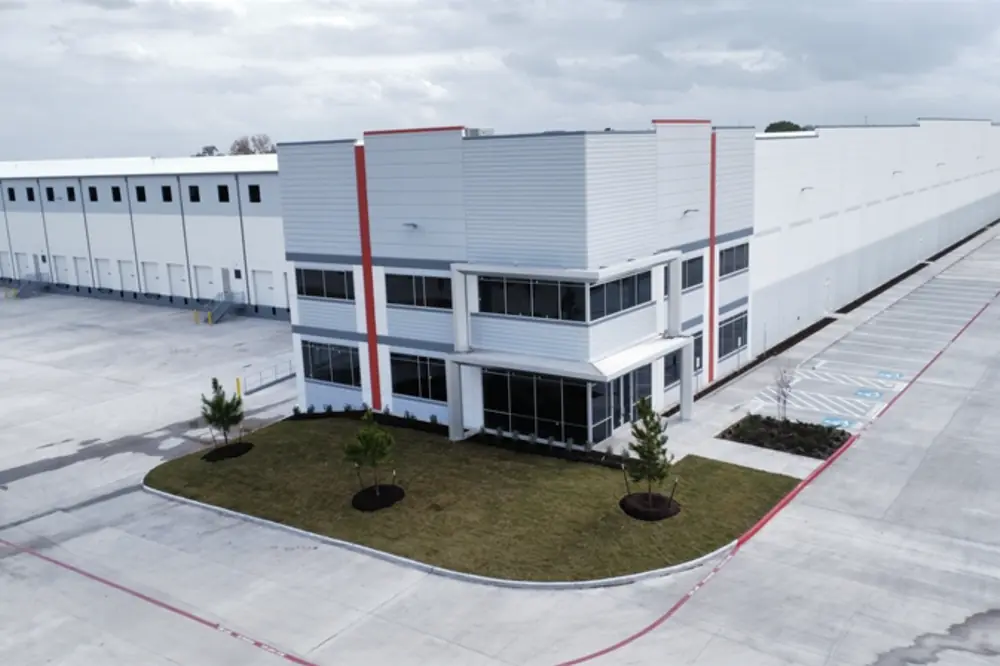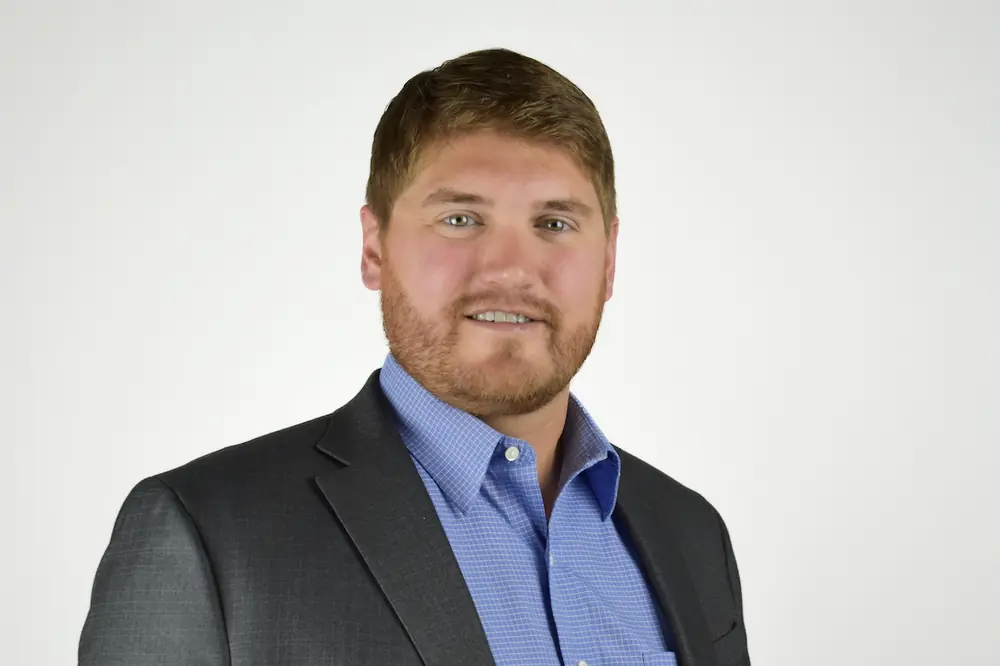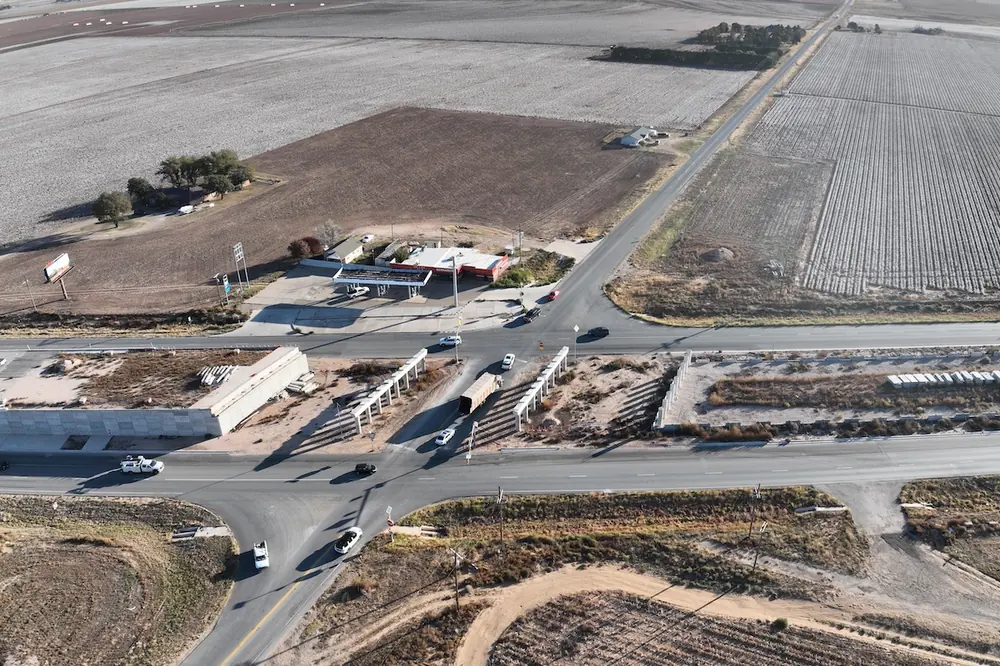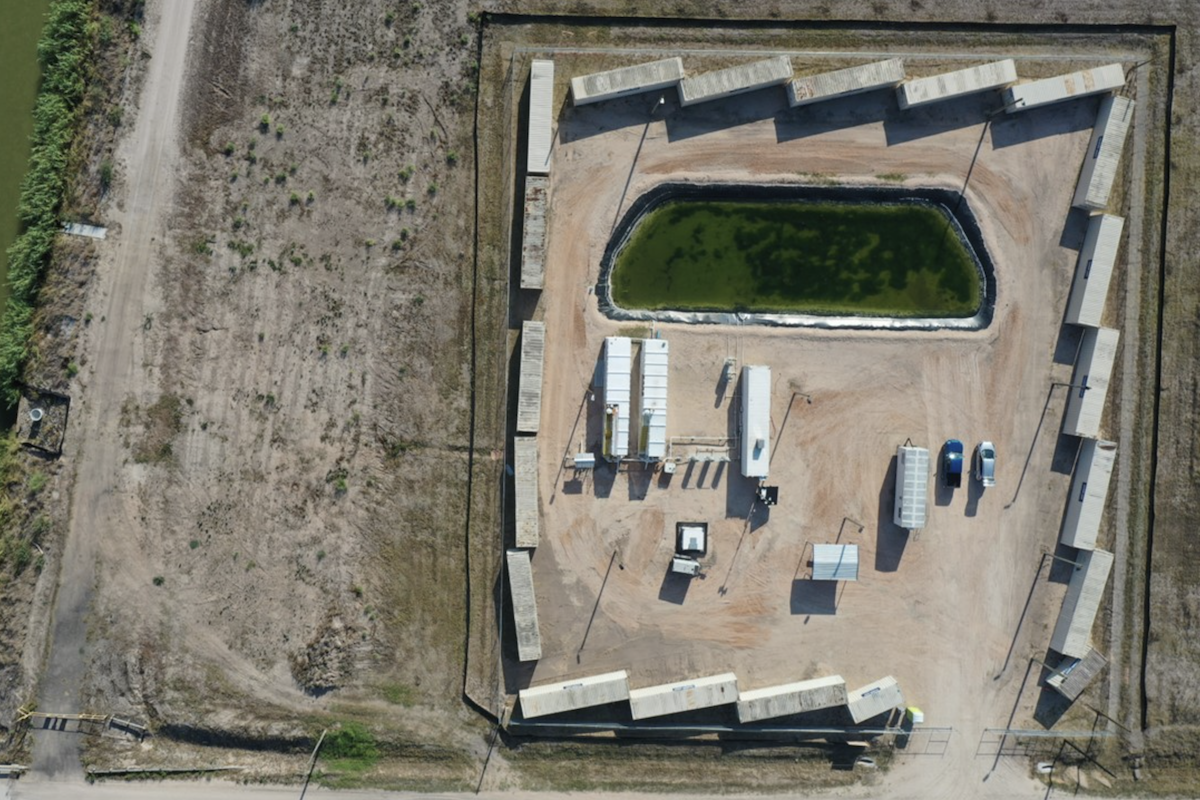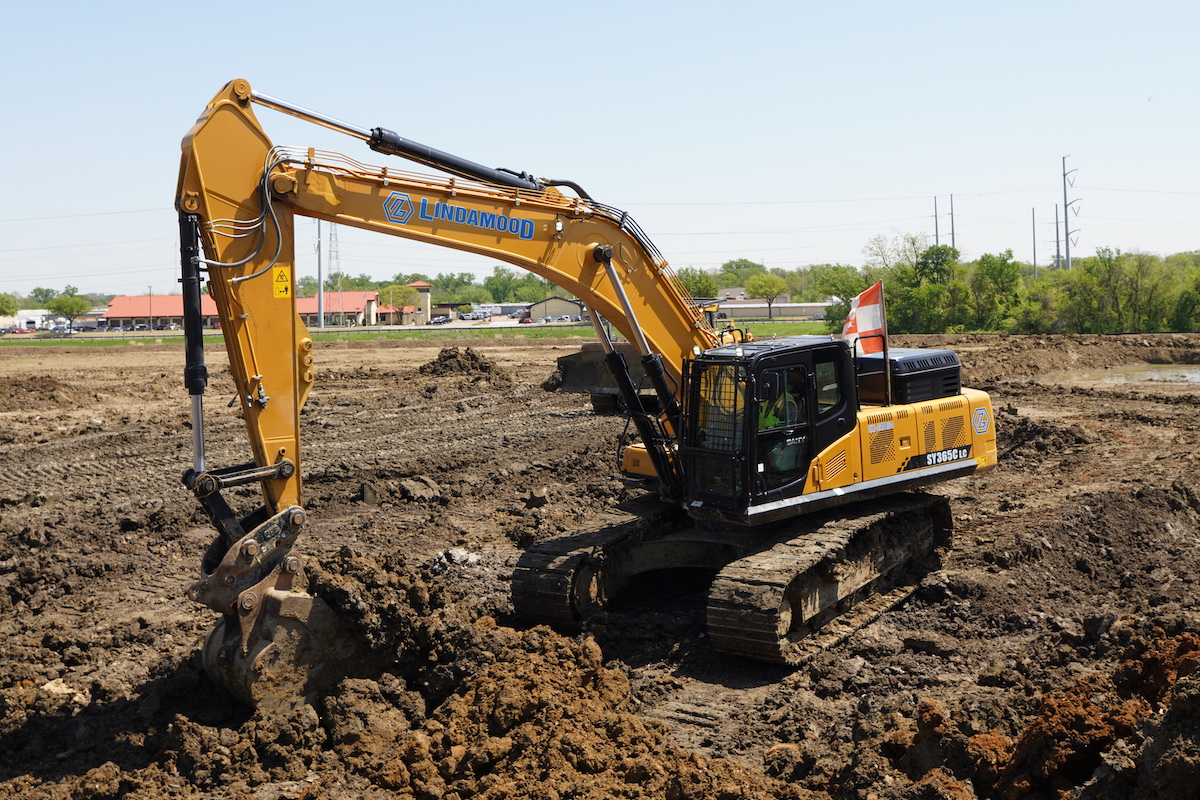“I have long admired Perkins&Will as a firm that exemplifies design excellence. It’s apparent as much in the caliber of their work as it is in their character,” Akinsade said. “I knew joining the firm would feel synergistic because, ultimately, we stand for the same values.”
“I remember being enamored by the rigor of the design, façade, and plan — by the way it fit into its context and represented the zeitgeist of the era in a bold, unapologetic way,” he said. Later, as a young working architect, his boss gifted him a book of Perkins&Will’s select works. “It was serendipitous! I still have that book in my personal library. It’s been a source of inspiration ever since.”
The more Akinsade got to know Perkins&Will, the more the firm’s people inspired him, too: Ralph Johnson, Ed Feiner, Pat Bosch, and the late Phil Freelon, among others. In fact, while working for another global architecture firm in the early 2000s, Akinsade collaborated with Freelon on the Reginald F. Lewis Museum of Maryland African American History & Culture in Baltimore.
“I was extremely impressed by Phil’s thoughtful insights and design leadership during the project,” he said. Freelon — who later designed Houston’s Historic Emancipation Park — was leading The Freelon Group in North Carolina at the time. His practice joined Perkins&Will in 2014. “It was great to see Phil join such an illustrious firm,” Akinsade added.
“I’m an international citizen, and I grew up in a part of the world where outsiders looking in believe there aren’t any rules governing urban planning. In Lagos, Nigeria, where I spent some formative years, urbanity defines its own set of rules based on the organic needs of the people who live there. These people inherently understand the rules, all which challenge ‘normative’ urban conditions. That’s why I find Houston — with its typological diversity and confluence of textures and nuance — so resonant. Without traditional zoning laws and preconditions, Houston has created its own parameters, and they work for its people.”
Akinsade represents the third member of the Houston studio’s tripartite leadership group, working closely with Managing Director Diana Davis and Operations Director Martin Gollwitzer.
“It’s an exciting time for Perkins&Will as we welcome Mide into our Houston studio and into our global design family,” Davis said. “Not only are we — his colleagues — over the moon, but also, our clients are delighted that he’s joined our practice. Mide is a visionary, and we look forward to benefiting from his design leadership and partnership.”
“Sometimes you just know when someone’s a fit — when there’s a real alignment of character, values, and vision," Gollwitzer said. "With Mide, we knew it right away — and he knew it, too. The future in Houston looks bright.”
For his first 100 days, Akinsade says his priority will be getting to know all of the Houston studio’s clients and as many members of the community as he can — meeting them one-on-one, listening to their needs, understanding their perspectives, and laying the groundwork for lasting relationships. Internally, he plans to reinforce the studio’s design culture through programs and activities that encourage critical thinking and discourse among staff.
“The best design happens when our teams are engaged on all levels, when they’re challenged to think outside the box, and when they’re given opportunities to fuel their curiosity and creativity," Akinsade said. "That’s the kind of culture I want to nurture.”
“We sit on a vast amount of knowledge and resources in the Houston area — not just in our industry, but also in academia," Akinsade said. "Prairie View A&M, Rice University, and the University of Houston, for example, are at our doorstep. The caliber of brilliant minds coming out of these schools is impressive, and I’d like us to engage even more.”
Fascinated by architecture’s potential to catalyze innovation, Akinsade believes the built environments designed today can shape the future of humanity for millennia. Buildings are the anthropological constructs — and lessons — we leave behind for posterity, he argues; designing them is both an awesome honor and an enormous responsibility. That is why research is so crucial.
“We are the vanguards of our planet — and of humanity," Akinsade said. "Everything that makes us human is rooted in the built environment: buildings, cities, and every type of infrastructure. Designing them in ways that sustains us long-term is very important. Let’s be the example the rest of the world can follow.”
Akinsade holds a Master of Architecture, a Certificate in Urban Design, and a Bachelor of Science in architecture from the University of Maryland. He is a member of the American Institute of Architects and the National Organization of Minority Architects, an international charter member of the Royal Institute of British Architects, and a LEED Accredited Professional. He is a lecturer at The University of Maryland School of Architecture and a member of the Board of Directors for the American Institute of Architects D.C. Chapter. His projects have garnered national and international design awards and have been featured in architectural journals around the world.





